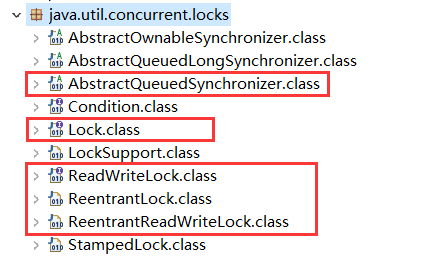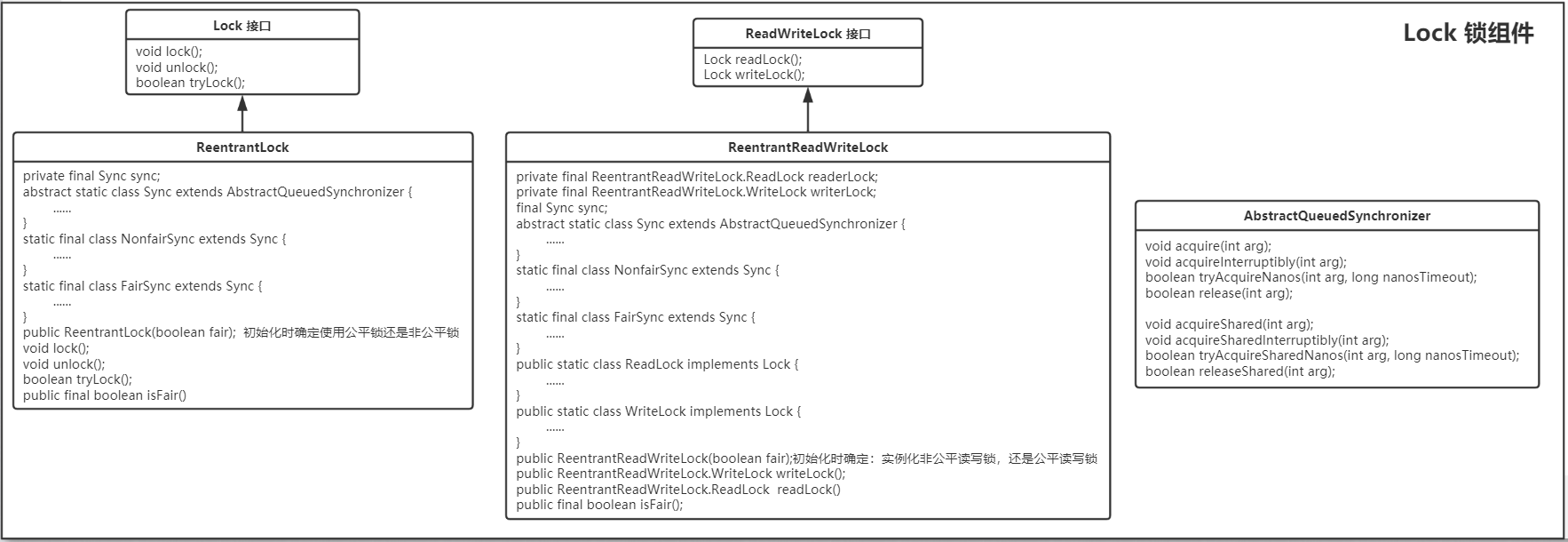1
2
3
4
5
6
7
8
9
10
11
12
13
14
15
16
17
18
19
20
21
22
23
24
25
26
27
28
29
30
31
32
33
34
35
36
37
38
39
40
41
42
43
44
45
46
47
48
49
50
51
52
53
54
55
56
57
58
59
60
61
62
63
64
65
66
67
68
69
70
71
72
73
74
75
76
77
78
79
80
81
82
83
84
85
86
87
88
89
90
91
92
93
94
95
96
97
98
99
100
101
102
103
104
105
106
107
108
109
110
111
112
113
114
115
116
117
118
119
120
121
122
123
124
125
126
127
128
129
130
131
132
133
134
135
136
137
138
139
140
141
142
143
144
145
146
147
148
149
150
151
152
153
154
155
156
157
158
159
160
161
162
163
164
165
166
167
168
169
170
171
172
173
174
175
176
177
178
179
180
181
182
183
184
185
186
187
188
189
190
191
192
193
194
195
196
197
198
199
200
201
202
203
204
205
206
207
208
209
210
211
212
213
214
215
216
217
218
219
220
221
222
223
224
225
226
227
228
229
230
231
232
233
234
235
236
237
238
239
240
241
242
243
244
245
246
247
248
249
250
251
252
253
254
255
256
257
258
259
260
261
262
263
264
265
266
267
268
269
270
271
272
273
274
275
276
277
278
279
280
281
282
283
284
285
286
287
288
289
290
291
292
293
294
295
296
297
298
299
300
301
302
303
304
305
306
307
308
309
310
311
312
313
314
315
316
317
318
319
320
321
322
323
324
325
326
327
328
329
330
|
public interface ReadWriteLock {
/**
* 获取一个 读锁
*/
Lock readLock();
/**
* 获取一个 写锁
*/
Lock writeLock();
}
public class ReentrantReadWriteLock implements ReadWriteLock, java.io.Serializable {
/** 由内部类提供的读锁 */
private final ReentrantReadWriteLock.ReadLock readerLock;
/** 由内部类提供的写锁 */
private final ReentrantReadWriteLock.WriteLock writerLock;
/** 提供所有实现机制的同步器 */
final Sync sync;
/**
* 默认创建 非公平的读锁写锁
*/
public ReentrantReadWriteLock() {
this(false);
}
/**
* 由参数 fair 指定读锁写锁是公平的还是非公平的
*/
public ReentrantReadWriteLock(boolean fair) {
sync = fair ? new FairSync() : new NonfairSync();
readerLock = new ReadLock(this);
writerLock = new WriteLock(this);
}
/**
* 获取写锁
* 获取读锁
*/
public ReentrantReadWriteLock.WriteLock writeLock() { return writerLock; }
public ReentrantReadWriteLock.ReadLock readLock() { return readerLock; }
abstract static class Sync extends AbstractQueuedSynchronizer {
protected final boolean tryRelease(int releases) {
if (!isHeldExclusively())
throw new IllegalMonitorStateException();
int nextc = getState() - releases;
boolean free = exclusiveCount(nextc) == 0;
if (free)
setExclusiveOwnerThread(null);
setState(nextc);
return free;
}
protected final boolean tryAcquire(int acquires) {
/*
* Walkthrough:
* 1. If read count nonzero or write count nonzero
* and owner is a different thread, fail.
* 2. If count would saturate, fail. (This can only
* happen if count is already nonzero.)
* 3. Otherwise, this thread is eligible for lock if
* it is either a reentrant acquire or
* queue policy allows it. If so, update state
* and set owner.
*/
Thread current = Thread.currentThread();
int c = getState();
int w = exclusiveCount(c);
if (c != 0) {
// (Note: if c != 0 and w == 0 then shared count != 0)
if (w == 0 || current != getExclusiveOwnerThread())
return false;
if (w + exclusiveCount(acquires) > MAX_COUNT)
throw new Error("Maximum lock count exceeded");
// Reentrant acquire
setState(c + acquires);
return true;
}
if (writerShouldBlock() ||
!compareAndSetState(c, c + acquires))
return false;
setExclusiveOwnerThread(current);
return true;
}
protected final boolean tryReleaseShared(int unused) {
Thread current = Thread.currentThread();
if (firstReader == current) {
// assert firstReaderHoldCount > 0;
if (firstReaderHoldCount == 1)
firstReader = null;
else
firstReaderHoldCount--;
} else {
HoldCounter rh = cachedHoldCounter;
if (rh == null || rh.tid != getThreadId(current))
rh = readHolds.get();
int count = rh.count;
if (count <= 1) {
readHolds.remove();
if (count <= 0)
throw unmatchedUnlockException();
}
--rh.count;
}
for (;;) {
int c = getState();
int nextc = c - SHARED_UNIT;
if (compareAndSetState(c, nextc))
// Releasing the read lock has no effect on readers,
// but it may allow waiting writers to proceed if
// both read and write locks are now free.
return nextc == 0;
}
}
protected final int tryAcquireShared(int unused) {
/*
* Walkthrough:
* 1. If write lock held by another thread, fail.
* 2. Otherwise, this thread is eligible for
* lock wrt state, so ask if it should block
* because of queue policy. If not, try
* to grant by CASing state and updating count.
* Note that step does not check for reentrant
* acquires, which is postponed to full version
* to avoid having to check hold count in
* the more typical non-reentrant case.
* 3. If step 2 fails either because thread
* apparently not eligible or CAS fails or count
* saturated, chain to version with full retry loop.
*/
Thread current = Thread.currentThread();
int c = getState();
if (exclusiveCount(c) != 0 &&
getExclusiveOwnerThread() != current)
return -1;
int r = sharedCount(c);
if (!readerShouldBlock() &&
r < MAX_COUNT &&
compareAndSetState(c, c + SHARED_UNIT)) {
if (r == 0) {
firstReader = current;
firstReaderHoldCount = 1;
} else if (firstReader == current) {
firstReaderHoldCount++;
} else {
HoldCounter rh = cachedHoldCounter;
if (rh == null || rh.tid != getThreadId(current))
cachedHoldCounter = rh = readHolds.get();
else if (rh.count == 0)
readHolds.set(rh);
rh.count++;
}
return 1;
}
return fullTryAcquireShared(current);
}
/**
* Performs tryLock for write, enabling barging in both modes.
* This is identical in effect to tryAcquire except for lack
* of calls to writerShouldBlock.
*/
final boolean tryWriteLock() {
Thread current = Thread.currentThread();
int c = getState();
if (c != 0) {
int w = exclusiveCount(c);
if (w == 0 || current != getExclusiveOwnerThread())
return false;
if (w == MAX_COUNT)
throw new Error("Maximum lock count exceeded");
}
if (!compareAndSetState(c, c + 1))
return false;
setExclusiveOwnerThread(current);
return true;
}
/**
* Performs tryLock for read, enabling barging in both modes.
* This is identical in effect to tryAcquireShared except for
* lack of calls to readerShouldBlock.
*/
final boolean tryReadLock() {
Thread current = Thread.currentThread();
for (;;) {
int c = getState();
if (exclusiveCount(c) != 0 &&
getExclusiveOwnerThread() != current)
return false;
int r = sharedCount(c);
if (r == MAX_COUNT)
throw new Error("Maximum lock count exceeded");
if (compareAndSetState(c, c + SHARED_UNIT)) {
if (r == 0) {
firstReader = current;
firstReaderHoldCount = 1;
} else if (firstReader == current) {
firstReaderHoldCount++;
} else {
HoldCounter rh = cachedHoldCounter;
if (rh == null || rh.tid != getThreadId(current))
cachedHoldCounter = rh = readHolds.get();
else if (rh.count == 0)
readHolds.set(rh);
rh.count++;
}
return true;
}
}
}
final boolean isWriteLocked() {
return exclusiveCount(getState()) != 0;
}
}
/**
* 非公平锁
*/
static final class NonfairSync extends Sync {
final boolean writerShouldBlock() {
return false; // writers can always barge
}
final boolean readerShouldBlock() {
/* As a heuristic to avoid indefinite writer starvation,
* block if the thread that momentarily appears to be head
* of queue, if one exists, is a waiting writer. This is
* only a probabilistic effect since a new reader will not
* block if there is a waiting writer behind other enabled
* readers that have not yet drained from the queue.
*/
return apparentlyFirstQueuedIsExclusive();
}
}
/**
* 公平锁
*/
static final class FairSync extends Sync {
final boolean writerShouldBlock() {
return hasQueuedPredecessors();
}
final boolean readerShouldBlock() {
return hasQueuedPredecessors();
}
}
/**
* 读锁
*/
public static class ReadLock implements Lock, java.io.Serializable {
private final Sync sync;
protected ReadLock(ReentrantReadWriteLock lock) {
sync = lock.sync;
}
public void lock() {
sync.acquireShared(1);
}
public void lockInterruptibly() throws InterruptedException {
sync.acquireSharedInterruptibly(1);
}
public boolean tryLock() {
return sync.tryReadLock();
}
public boolean tryLock(long timeout, TimeUnit unit)
throws InterruptedException {
return sync.tryAcquireSharedNanos(1, unit.toNanos(timeout));
}
public void unlock() {
sync.releaseShared(1);
}
}
/**
* 写锁
*/
public static class WriteLock implements Lock, java.io.Serializable {
private final Sync sync;
protected WriteLock(ReentrantReadWriteLock lock) {
sync = lock.sync;
}
public void lock() {
sync.acquire(1);
}
public void lockInterruptibly() throws InterruptedException {
sync.acquireInterruptibly(1);
}
public boolean tryLock( ) {
return sync.tryWriteLock();
}
public boolean tryLock(long timeout, TimeUnit unit)
throws InterruptedException {
return sync.tryAcquireNanos(1, unit.toNanos(timeout));
}
public void unlock() {
sync.release(1);
}
}
public final boolean isFair() {
return sync instanceof FairSync;
}
public boolean isWriteLocked() {
return sync.isWriteLocked();
}
}
|




